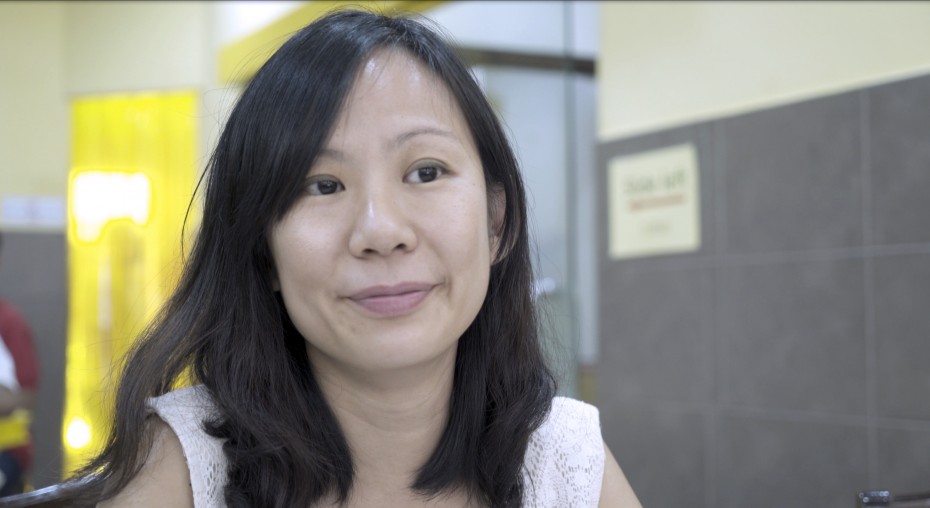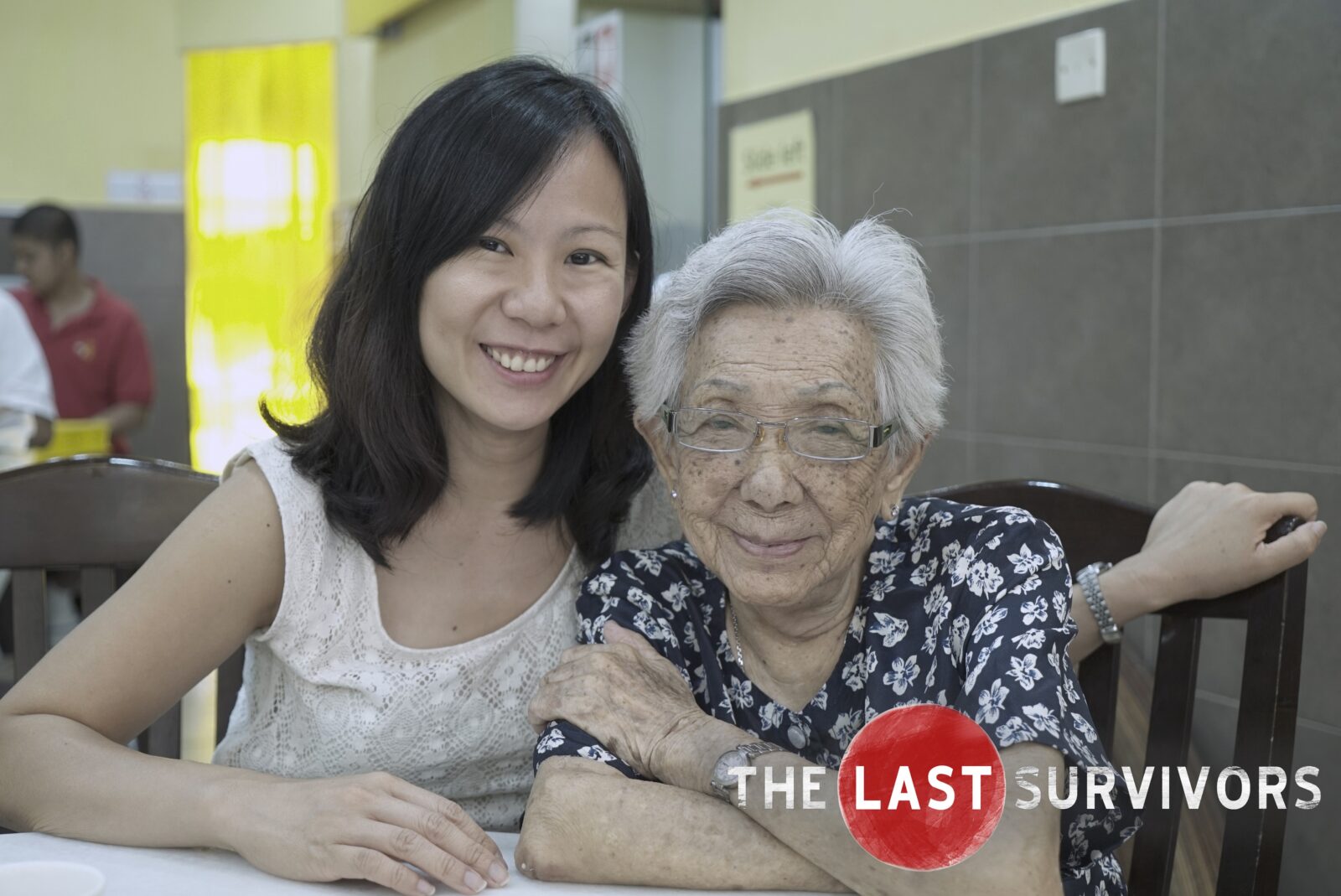SHARON Tan knew her grandmother lived through World War II, but she never knew how horrifying some of her experiences were until she came across The Last Survivors (TLS), a R.AGE webseries on Malaysian WWII survivors.
After watching the series, produced to commemorate the 70th anniversary of Japan’s final surrender in Kuala Lumpur, Tan decided to contribute what she knew about her grandmother’s story to the TLS interactive map.
But it was only when R.AGE reached out for more information that Tan realised there were so many other stories she had never heard, and which could have been lost forever.
Her grandmother, Low Yoke Kwan, 96, lived in Petaling Street when the Japanese invaded Kuala Lumpur. Her family fled to Salak South, then an undeveloped village on the outskirts of town, hoping to escape the atrocities they heard the Japanese troops were committing. They had no such luck.
Low remembers a neighbour who was gang-raped and killed.
“We thought she’d be left alone. They usually left you alone if you were married,” said Low. “She had just given birth. Her husband tried to stop them but they beat him up and made him watch, a gun held to his head.”
Low said the man would wander around town aimlessly after that, cradling his baby.
“It was so pitiful watching them. They disappeared after a while. We never found out what happened to them.”
To avoid a similar fate as her neighbour, Low disguised herself as a boy throughout the Japanese Occupation.

Low remembers seeing her neighbour walking around listlessly, baby in his arms after his wife was killed.
Even though the stories are painful to hear, Tan and her grandmother were eager to share them on TLS, making them the first audience-contributed episode in the video series.
“I definitely think it’s important to capture these stories. That’s why I’m so supportive of this. It’s a really great initiative by R.AGE,” said Tan.
In the new episode, filmed back in Salak South over a family lunch, Low also told Tan how close she was to being captured once, when a Japanese soldier came to her village to take food.
“He kept asking for toddy (alcohol), so I thought he was a local. Turns out he was saying tori, which is Japanese for chicken,” said Low with a laugh.
Low brought the man to her house, where her grandmother quickly realised he was Japanese because of his headgear.
“She told the soldier I was a young boy, that I didn’t know anything. When he turned away I ran out of there as fast as I could, to the underground tunnel.”
The tunnel was built by the villagers as a shelter from the Japanese bombers that attacked KL during the invasion.
“Suddenly, I saw one of our chickens – it had followed me to the tunnel! I heard footsteps coming closer but all I could do was hide there.”
She hid in the shelter until her cousin brother signalled to her that it was safe. Turns out the soldier decided to take a neighbour’s chickens instead.
“Looking back, I realise how lucky I was. Food was scarce, but we had a small vegetable garden and chickens to eat,” said Low.
Even though Tan was cared for by her grandmother when she was growing up, she hardly heard any of these stories.

Tan grew up with her grandmother, but never knew the full extent of what she went through until the filming of The Last Survivors.
“It’s strange because I grew up with her, and now I realise there are so many things about her I never knew. Her life is so different from how we live today,” said Tan.
“I think I was always too busy with studies, work and motherhood to really sit down and ask her.”
After the war, she returned to her home in Petaling Street (now a budget hotel), which was very near a building where the Japanese kept their comfort women. She resumed her education and got married soon after.
While filming the episode, we asked her to pinpoint some of the exact locations where her stories took place. But because Salak South has changed so much, those locations are now lost to her.
Although Tan discovered the series on Facebook, she feels social media is part of the reason the young people aren’t interested in history these days
“There’s an information overload when you go on social media, on important and unimportant events that leave little curiosity for things of the past,” said Tan.
“Our education system also presents things in a dry manner, which doesn’t help. It’s really important to have first-hand accounts to tell people what truly happened.
One important lesson Tan learned after listening to her grandmother’s stories is that not all the Japanese soldiers were cruel to the locals. Some were kind and helpful, but those stories are rarely told in textbook accounts of the Occupation.

Four generations in one picture: Tan (in white) says Low (centre) likes to revisit Salak South from time to time.
Today, Low lives in Petaling Jaya. She has five children, 14 grandchildren and nine great-grandchildren.
Now a mother herself, Tan hopes that by taking part in this project, her son and Low’s other great-grandchildren will have a record of a small part of their family’s history.
“It’s sad to think my grandmother is getting old and these stories will soon disappear. I’d like to have answers to give my son should he become interested in our family’s roots.”


Leave a reply